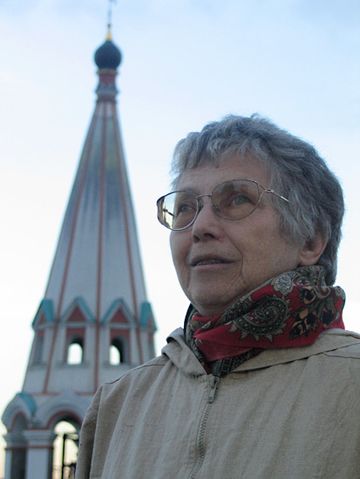Most pertinently, the culturally trained revulsion against violence proved a poor safeguard against organized coercion; while civilized manners showed an astounding ability to cohabit, peacefully and harmoniously, with mass murder. The protracted, and often painful, civilizing process failed to erect a single foolproof barrier against the genocide. Those mechanisms needed the civilized code of behaviour to co-ordinate criminal actions in such a way that they seldom clashed with the self-righteousness of the perpetrators. Among the bystanders, the civilized disgust of inhumanity did not prove strong enough to encourage an active resistance to it. Most bystanders reacted as civilized norms advise and prompt us to react to things unsightly and barbaric; they turned their eyes the other way. The few who stood up against cruelty did not have norms or social sanctions to support them and reassure. They were loners, who in justification of their fight against evil could only quote one of their distinguished ancestors: ‘Ich kann nicht anders.’
In the face of an unscrupulous team saddling the powerful machine of the modern state with its monopoly of physical violence and coercion, the most vaunted accomplishments of modern civilization failed as safeguards against barbarism. Civilization proved incapable of guaranteeing moral use of the awesome powers it brought into being.
Conclusions
If we ask now what the original sin was which allowed this to happen, the collapse (or non-emergence) of democracy seems to be the most convincing answer. In the absence of traditional authority, the only checks and balances capable of keeping the body politic away from extremities can be supplied by political democracy. The latter is not, however, quick to arrive, and it is slower still to take root once the hold of the old authority and system of control had been broken – particularly if the breaking was done in a hurry. Such situations of interregnum and instability tend to occur during and after deep-reaching revolutions, which succeed in paralysing old seats of social power without as yet replacing them with new ones – and create for this reason a state of affairs in which political and military forces are neither counterbalanced nor restrained by resourceful and influential social ones.
—Zygmunt Bauman, Modernity and the Holocaust, (Cambridge: Polity Press, 1989), 110.
Ω Ω Ω
The only post-Marx/Engels Marxist specifically discussed in this book is Antonio Gramsci.
—Eric Hobsbawm, How to Change the World, (London: Little, Brown, 2011), vii.
From time to time I am struck both by the frequency with which Gramsci’s interregnum is referenced in analyses of the post-Bretton Woods world and commentators‘ assuming the status of passive curious observers. Only democracy can save civilization from genocidal tyranny; democracy „is not, however, quick to arrive“ and there is no democratic project visible that one can enthusiastically move to further. This does not bode well for the likely nature of the interregnum’s conclusion.







